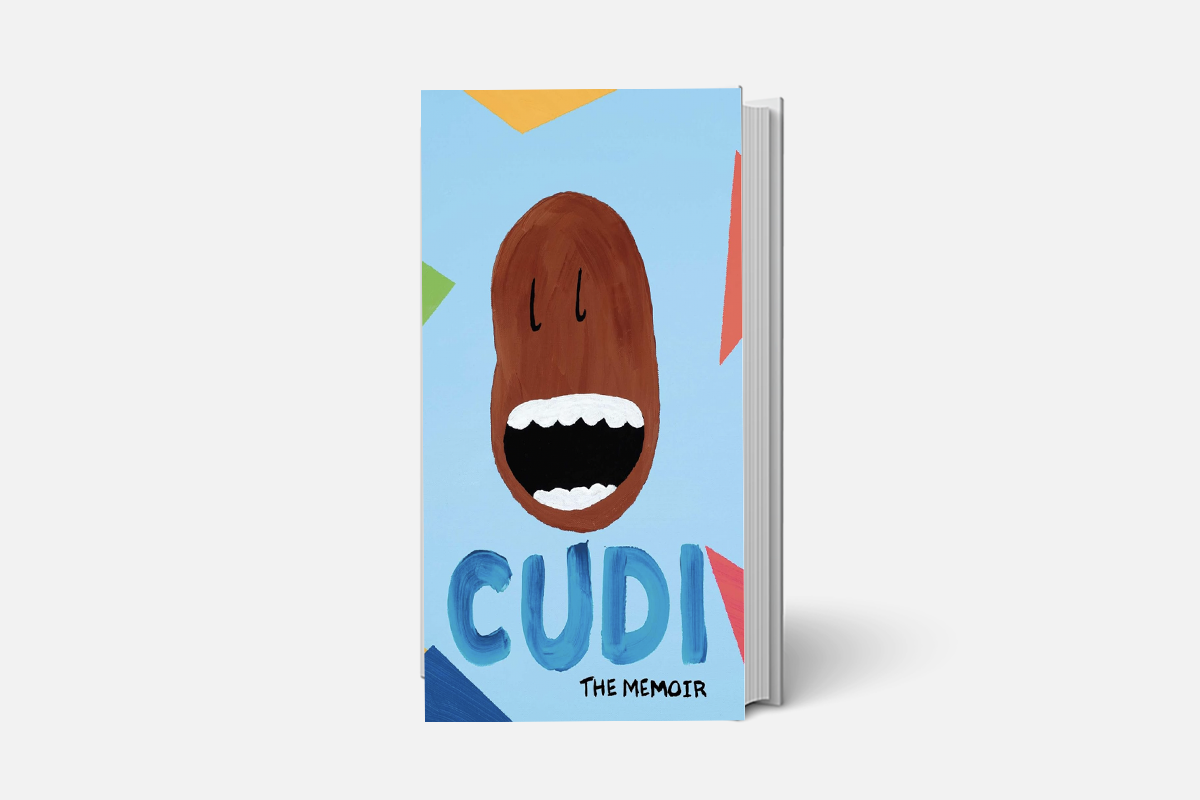If you purchase an independently reviewed product or service through a link on our website, Variety may receive an affiliate commission.
Kid Cudi is opening up like never before in his debut memoir “Cudi,” out Aug. 12.
In the 320-page autobiography, the multi-hyphenate artist, born Scott Mescudi, traces his early childhood in Cleveland to sleeping on couches while crafting mixtapes to grappling with the pressures of global fame.
Cudi has long blurred the line between artistry and autobiography in his art. His early breakout with “Day ’N’ Nite,” followed by his debut album “Man on the Moon: The End of Day,” established him as a generational voice. But while the music chronicled alienation, the full story of what he was living behind the scenes remained largely unspoken — until now.

Cudi: The Memoir
In an excerpt published by GQ, Cudi recounts one of the darkest nights of his life: crawling across the floor of his Tribeca apartment, high and desperate, convinced he would die that night and feeling, in his words, “relieved.”
“I couldn’t make sense of what was plaguing me,” he writes. “It was all happening so fast. The first ‘Man on the Moon’ had been out for about a year and I was on a rocket ship. Grappling with fame pushed me toward cocaine, which I only ever did alone. I was drawn to it in isolation, and my time by myself was increasing. I was feeling shut-in and I could barely even leave my house. The coke felt like a necessary countermeasure for my celebrity, but it was wreaking havoc on my life, creatively and personally. I had become super volatile emotionally. My relationships were in shambles, and I couldn’t get songs out like I wanted. The anger was boiling in me. My rage came from my reality not aligning with my dream.”
Much of the memoir traces the aftermath of that fateful night: the industry comedown, the isolation that success only amplified and the long crawl back toward stability — all recounted in a diaristic intimacy mirroring the tone of his most personal albums.





